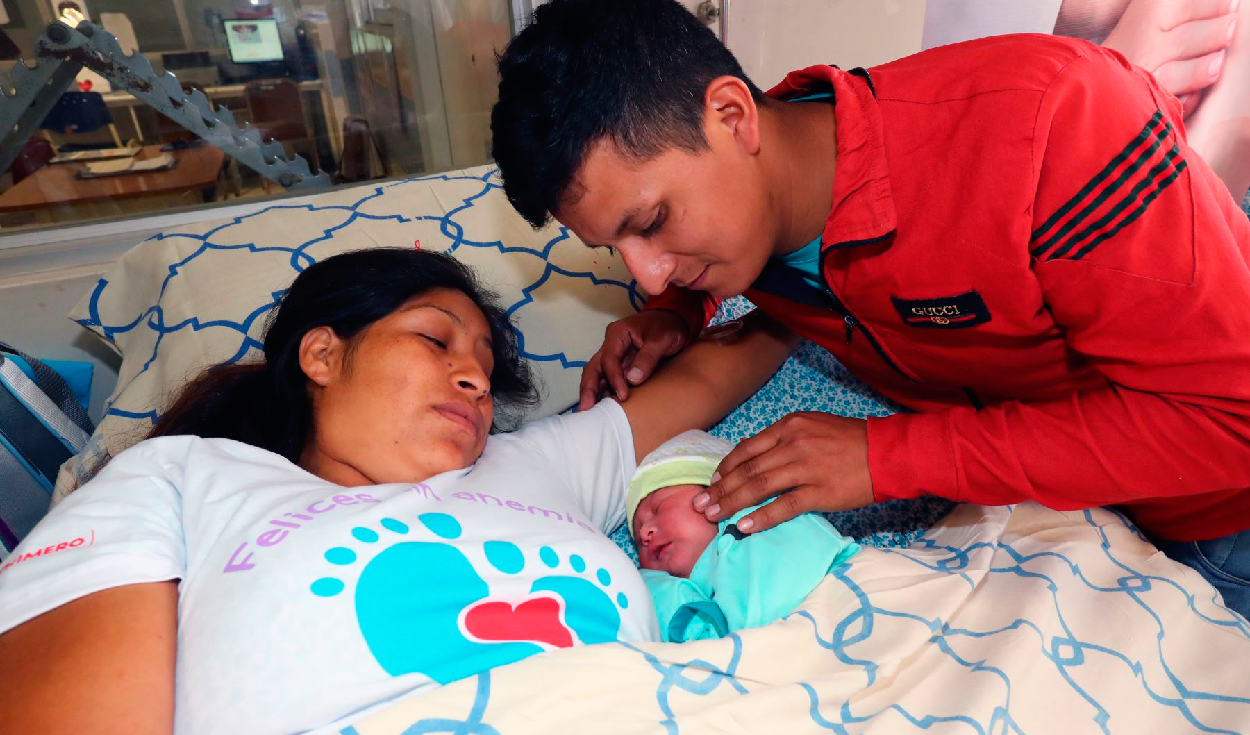
Pregnant employees are usually granted maternity leave. With this, they have 90 days to care for the newborn during the first months. In this regard, what few know is that parents can also request days off paid by the company, although this permission has different considerations.
Check here what paternity leave consists of, in addition to the special cases and the period that employers who are going to become parents can request.
How long does paternity leave last?
According to Law No. 30807 of July 4, 2018, which modifies Article 2 of Law No. 29409, paternity leave is 10 days. The objective is to establish the first emotional ties with the child, provide him with the necessary protection due to his vulnerability and support the mother.
Under what contexts is paternity leave extended?
Although this leave is only 10 days, it can be extended up to 30 days, depending on some situations in which your child is born. These are the detailed reasons:
- For premature births and multiple births: a leave of 20 consecutive calendar days is granted.
- For birth with terminal congenital disease or severe disability or serious complications in the mother’s health: a leave of 30 consecutive calendar days is provided.
From what date can a worker request paternity leave?
Regarding the deadlines granted to the working father, he must consider the following options to determine the appropriate start of his paternity leave:
- Child’s date of birth
- Date on which the mother or child receives medical discharge from the corresponding center
- Starting on the third day prior to the estimated delivery date.
The estimated day must be certified in a medical document signed by a licensed professional.
It is important to note that any decision related to the chosen start of paternity leave must be notified to the employer at least 15 days in advance of the probable date of birth of the baby.
What happens if the employer fails to grant paternity leave?
Employees who are fathers have the right to file a complaint with the National Superintendence of Labor Supervision (Sunafil), if the company in which they work refuses to grant paternity leave. Although the regulations do not contemplate any type of financial compensation for the worker in these cases, the denial of this right to working parents is considered a very serious offense. This entity imposes a fine whose amount ranges between S/1,138.50 and S/260,023.50, varying depending on the company’s regime and the number of affected employees.
Source: Larepublica
Alia is a professional author and journalist, working at 247 news agency. She writes on various topics from economy news to general interest pieces, providing readers with relevant and informative content. With years of experience, she brings a unique perspective and in-depth analysis to her work.












